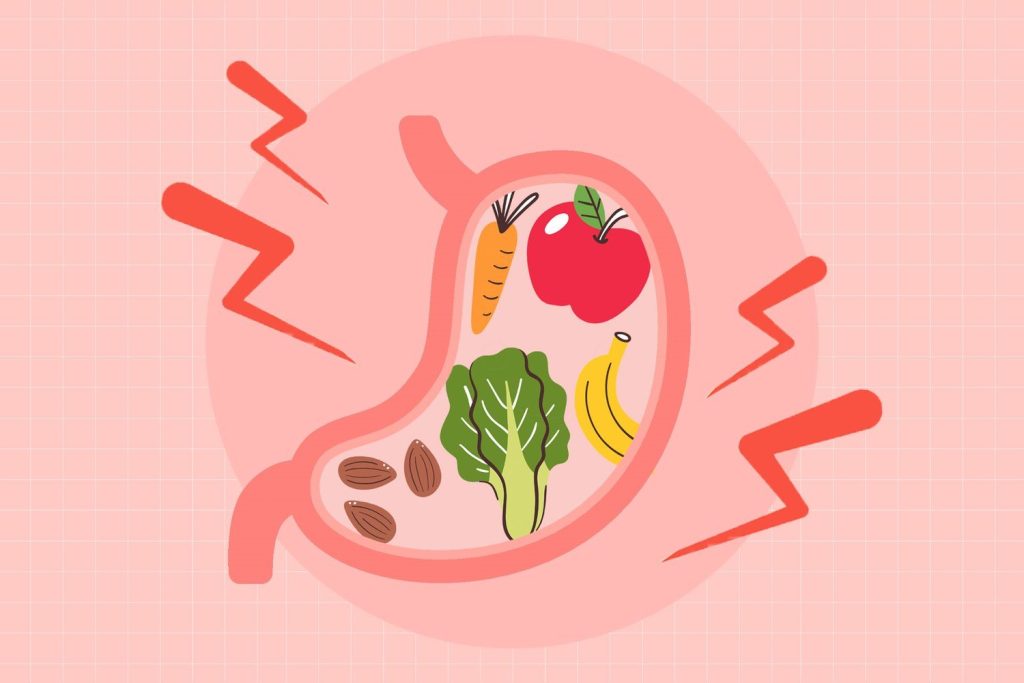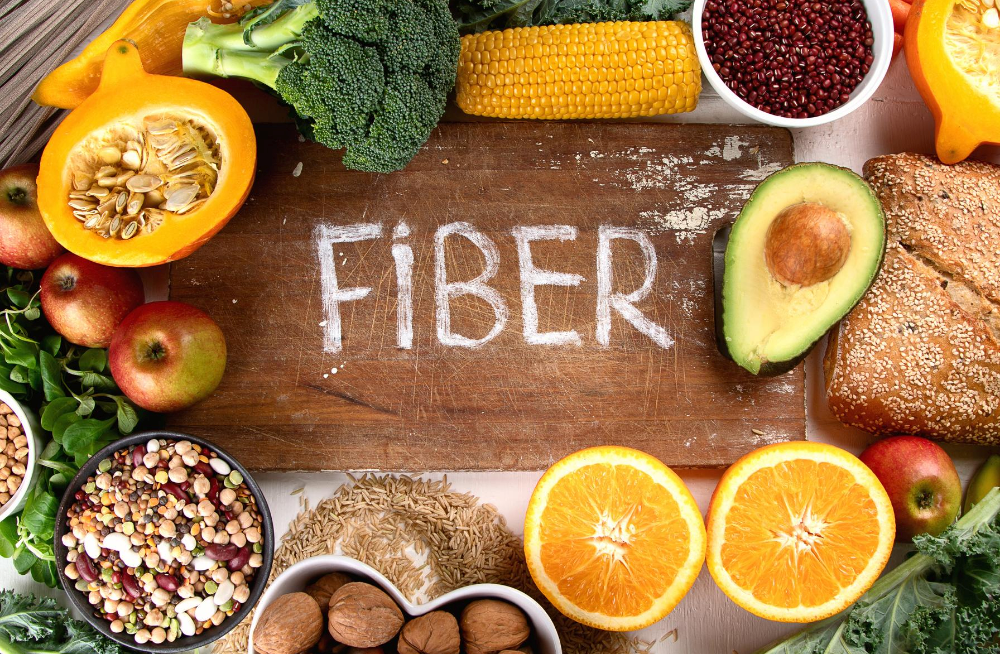The Role of Fiber in a Balanced Diet: Why It’s Crucial for Digestive Health
Have you ever thought about what happens to the food you eat after it enters your body? The process of digestion is a complex and vital one that allows your body to extract nutrients from the food you consume. One essential component that plays a significant role in this process is dietary fiber. In this article, we will explore the importance of fiber in a balanced diet and why it is crucial for maintaining good digestive health.
What is Dietary Fiber?
Dietary fiber, often referred to simply as fiber, is a type of carbohydrate that is not digested by our bodies. Unlike other carbohydrates, such as sugars and starches, fiber passes through the digestive system relatively intact. Instead of being broken down and absorbed, it provides a range of important health benefits.
Types of Dietary Fiber
There are two main types of dietary fiber: soluble fiber and insoluble fiber.
- Soluble Fiber: This type of fiber dissolves in water and forms a gel-like substance in the digestive tract. Foods rich in soluble fiber include oats, beans, peas, fruits (like apples and citrus fruits), and some vegetables (such as carrots).
- Insoluble Fiber: Insoluble fiber does not dissolve in water and passes through the digestive system largely unchanged. It adds bulk to stool and helps food move through the digestive tract. Whole grains, nuts, seeds, and vegetables like broccoli and cauliflower are good sources of insoluble fiber.
Why is Fiber Crucial for Digestive Health?
Fiber is crucial for digestive health because it:
- Promotes Regular Bowel Movements: One of the most well-known benefits of fiber is its ability to prevent and relieve constipation. Insoluble fiber, in particular, adds bulk to stool, making it easier to pass through the intestines and promoting regular bowel movements.
- Prevents Diverticular Disease: A diet rich in fiber can reduce the risk of developing diverticula, which are small pouches that can form in the colon. These pouches can become inflamed or infected, leading to a condition known as diverticulitis. A high-fiber diet helps prevent this by maintaining healthy and regular bowel movements.
- Lowers the Risk of Hemorrhoids: Hemorrhoids are swollen blood vessels in the rectum and anus that can cause pain and discomfort. Fiber’s ability to prevent constipation can help reduce the risk of developing hemorrhoids.
- Manages Irritable Bowel Syndrome (IBS): For individuals with IBS, dietary fiber can be a valuable tool. Soluble fiber can help alleviate diarrhea, while insoluble fiber can ease constipation. Tailoring fiber intake to individual symptoms can provide relief for those with IBS.
- Supports a Healthy Gut Microbiome: The gut microbiome is a complex community of microorganisms in the digestive tract that plays a crucial role in overall health. Fiber serves as a prebiotic, providing nourishment to beneficial gut bacteria. A healthy gut microbiome is associated with improved digestion and a reduced risk of gastrointestinal disorders.

Beyond Digestive Health: Other Benefits of Fiber
While fiber’s role in digestive health is vital, it offers a range of additional benefits:
- Weight Management: High-fiber foods are often more filling and can help control appetite, making it easier to manage your weight.
- Blood Sugar Control: Soluble fiber can slow down the absorption of sugar, helping to regulate blood sugar levels and reduce the risk of type 2 diabetes.
- Heart Health: A diet rich in fiber has been linked to lower cholesterol levels and a reduced risk of heart disease.
- Colon Health: Some studies suggest that a high-fiber diet may lower the risk of colon cancer.
- Skin Health: Fiber-rich foods can contribute to healthier skin by promoting regular bowel movements, which can help remove toxins from the body.
How to Incorporate More Fiber into Your Diet
Now that we understand the importance of fiber, let’s explore how you can incorporate more of it into your daily meals:
- Choose Whole Grains: Opt for whole grain bread, pasta, rice, and cereal instead of refined grains.
- Eat More Fruits and Vegetables: Aim to fill half your plate with fruits and vegetables at every meal.
- Include Legumes: Beans, lentils, and chickpeas are excellent sources of fiber. Add them to soups, salads, and stews.
- Snack on Nuts and Seeds: Almonds, chia seeds, and flaxseeds are rich in fiber and make for nutritious snacks.
- Read Food Labels: Check the nutrition labels on packaged foods to find products with higher fiber content.
- Gradually Increase Fiber Intake: If you’re not used to a high-fiber diet, introduce fiber-rich foods gradually to avoid digestive discomfort.
Conclusion
Dietary fiber is a crucial component of a balanced diet that plays a significant role in digestive health. It promotes regular bowel movements, prevents gastrointestinal disorders, and supports a healthy gut microbiome. Beyond digestive health, fiber offers a range of other benefits, including weight management, blood sugar control, and heart health. By making simple dietary changes and including more fiber-rich foods in your meals, you can enjoy these health benefits and improve your overall well-being. So, don’t underestimate the power of fiber—your digestive system will thank you!
References:
- Cornell. (n.d.). Fiber, Digestion, And Health. Retrieved from https://health.cornell.edu/sites/health/files/pdf-library/fiber-digestion-health.pdf
- Harvard. (n.d.). Fiber. Retrieved from https://www.hsph.harvard.edu/nutritionsource/carbohydrates/fiber/
- NIH. (n.d.). The Health Benefits Of Dietary Fibre. Retrieved from https://www.ncbi.nlm.nih.gov/pmc/articles/PMC7589116/
- UMICH. (n.d.). Role Of Fiber. Retrieved from https://www.med.umich.edu/pfans/_pdf/hetm-2016/0816-roleoffiber.pdf

